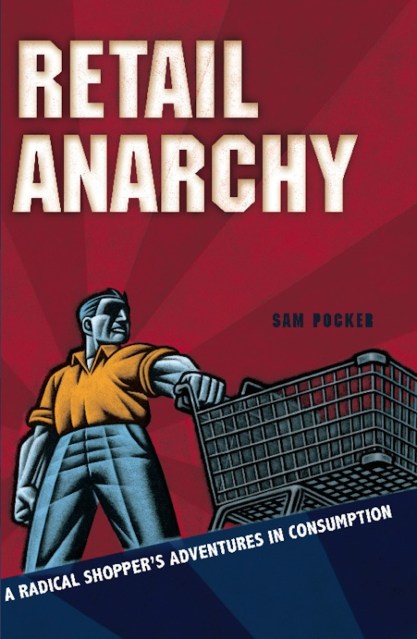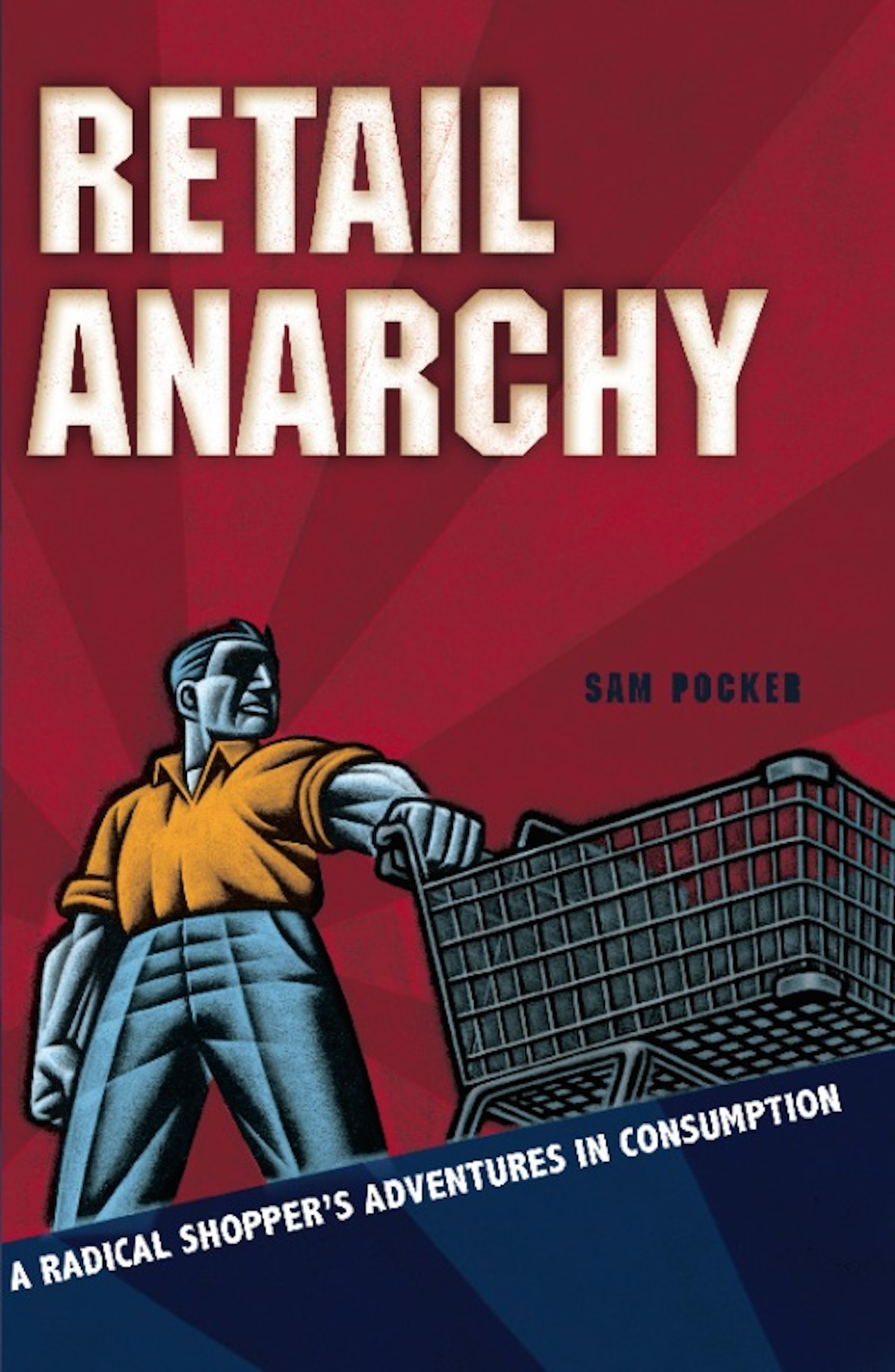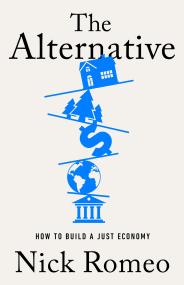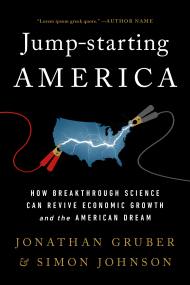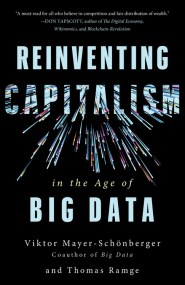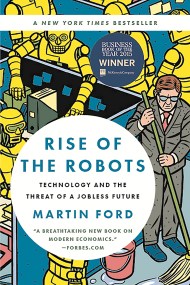Promotion
Use code MOM24 for 20% off site wide + free shipping over $45
Retail Anarchy
A Radical Shopper's Adventures in Consumption
Contributors
By Sam Pocker
Formats and Prices
Price
$9.99Price
$12.99 CADFormat
Format:
ebook $9.99 $12.99 CADThis item is a preorder. Your payment method will be charged immediately, and the product is expected to ship on or around March 31, 2009. This date is subject to change due to shipping delays beyond our control.
Also available from:
Why do grown men sleep on the street overnight to buy video game systems?
How do Dollar Stores cheerfully charge a dollar for a 25 cent pack of gum?
What are the pitfalls of Brand Name Loyalty?
And how do you get an entire car-full of pudding for free? “Stand-up economist” Sam Pocker delves into these hard-hitting questions — and the result is a fascinating, wry, and amusing account of consumers’ non-sensical habits and the stores that prey upon them. With a dash of vitriol and a dose of sarcasm, Pocker exposes the sheer inanity of marketing schemes, the plague of rude cashiers, and shows how the “little guy” can rise up and beat the system by outsmarting the stores with their overly-complicated rules for rebates. Retail Anarchy is a satirical look at the self-imposed consumer coma that America has fallen into — and Sam Pocker’s mission is to wake readers up!
Genre:
-
Publishers Weekly.com, June 22, 2009
"…Pocker's canny insight will resonate with any American shopper."
- On Sale
- Mar 31, 2009
- Page Count
- 224 pages
- Publisher
- Running Press
- ISBN-13
- 9780786746392
Newsletter Signup
By clicking ‘Sign Up,’ I acknowledge that I have read and agree to Hachette Book Group’s Privacy Policy and Terms of Use
